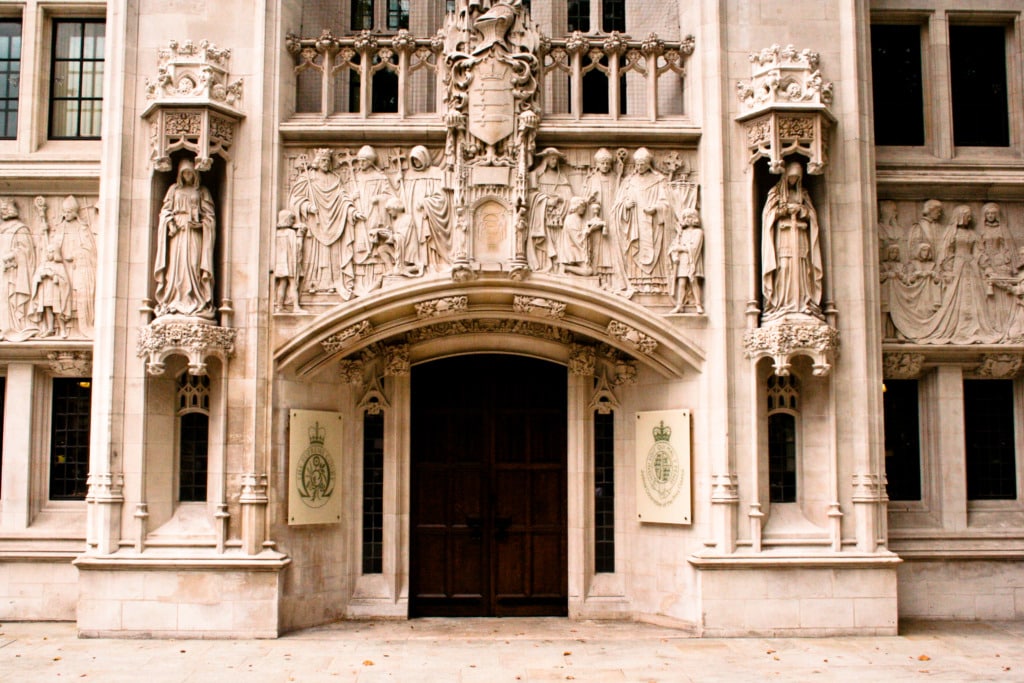A Primer on Foreign State Compulsion
Foreign state compulsion (also called foreign sovereign compulsion) is a doctrine allowing a U.S. court to excuse violations of U.S. law or moderate the sanctions imposed for such violations on the ground that they are compelled by foreign law. The doctrine arises most often when foreign law blocks compliance with U.S. discovery requests and in…
Continue Reading“Tag Service” and Section 1782
[This post originally appeared at Letters Blogatory and is reprinted here with the author’s permission.] Bill Dodge has a really interesting post about a decision from the bench in an SDNY Section 1782 case, In re Fourworld Event Opportunities Fund. Decisions like this are from the darkest corner of the legal dark web. They are not published. They are not available…
Continue ReadingTagging Corporate Directors for Discovery under Section 1782
Section 1782 authorizes federal district courts to order any person who “resides or is found in” the judicial district to provide discovery “for use in a proceeding in a foreign or international tribunal.” The Second Circuit has held that “that § 1782’s ‘resides or is found’ language extends to the limits of personal jurisdiction consistent…
Continue ReadingThe Use and Abuse of Section 1782 Litigation in England
This post considers the use and misuse in England of the U.S. district court’s power under 28 U.S.C. § 1782 to order a person to give evidence or produce documents for use in a proceeding in a foreign tribunal. It is based upon a paper written for a conference honouring Professor Linda Silberman, a close…
Continue ReadingDiscovery and Immunity: LIV v. PGA
The U.S. legal battle between the PGA Tour (Tour) and the upstart rival LIV Golf continues to revolve around discovery. As regular TLB readers know, LIV Golf is a new professional golf tour that competes with the PGA, in part by luring PGA players to play in LIV tournaments. LIV is financed by the Public Investment…
Continue ReadingSanctions Against Russia and Section 1782 Discovery
Since the “military operation” in Ukraine began in 2022, Russia has become the most sanctioned country in the world. U.S. blocking and sectoral sanctions now cover numerous Russian entities, especially banks, which were the most active litigants in transnational disputes. The U.S.-Russia relationship is probably at its worst in 30 years, and Russia has officially…
Continue ReadingPGA v. LIV: Golf, Discovery, Immunity and PIF — The Saudi Arabian Sovereign Wealth Fund
Just as the competition between PGA Tour and LIV Golf has divided the golf world, so too may the immunity issues raised by the litigation divide legal experts. Sadly, this post is pretty weak in terms of golf puns – par for the course in legal writing about immunities – but it does address interesting…
Continue ReadingAnother Court Rejects Chinese Data Privacy Law as a Bar to U.S. Discovery
A second U.S. decision has held that China’s Personal Information Protection Law (PIPL) did not bar a U.S. discovery request because of an exception in the law for statutory obligations. As previously reported on TLB, a federal court in California held last year that the PIPL’s exception for transfers “necessary to fulfill statutory duties and responsibilities or…
Continue ReadingA Primer on Transnational Discovery
[Updated September 1, 2025] Discovery is a formal process in which each party gathers information relevant to its case. Transnational discovery may be necessary to obtain information located abroad for use in U.S. courts or to obtain information located in the United States for use in foreign courts. As a general matter, courts may order…
Continue ReadingA New Frontier for Extraterritorial Disclosure Orders in England & Wales
In October 2022, an amendment to the Civil Procedure Rules in England established a new jurisdiction for limited extraterritorial disclosure orders (“information orders”). While the High Court of Justice (the “High Court”) had made steps (in ex parte applications) towards the granting of such orders in the last few years, the new rules and a…
Continue Reading- « Previous
- 1
- 2
- 3
- 4
- Next »






